How to Choose the Right Instrument
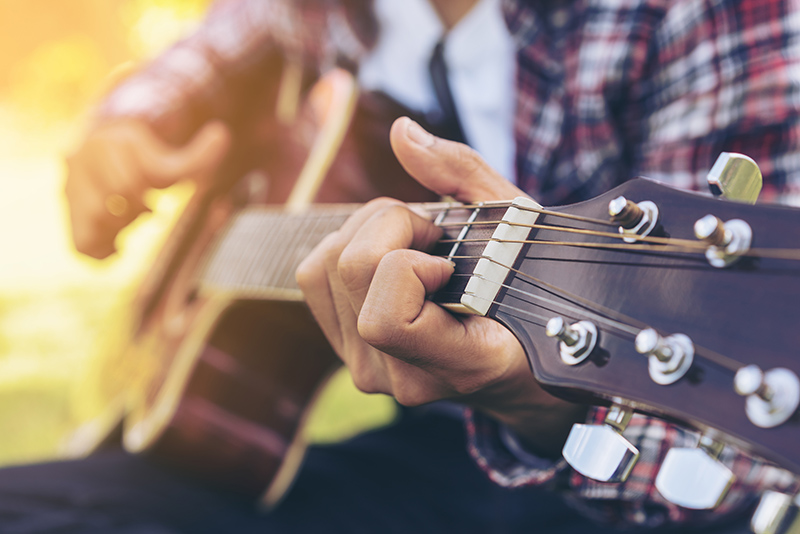
Learning to play an instrument is such a rewarding accomplishment, regardless of whether you plan on using your skills as a hobby or professionally in your career. With such a wide variety of instruments to choose from, making the right choice can be a difficult process.
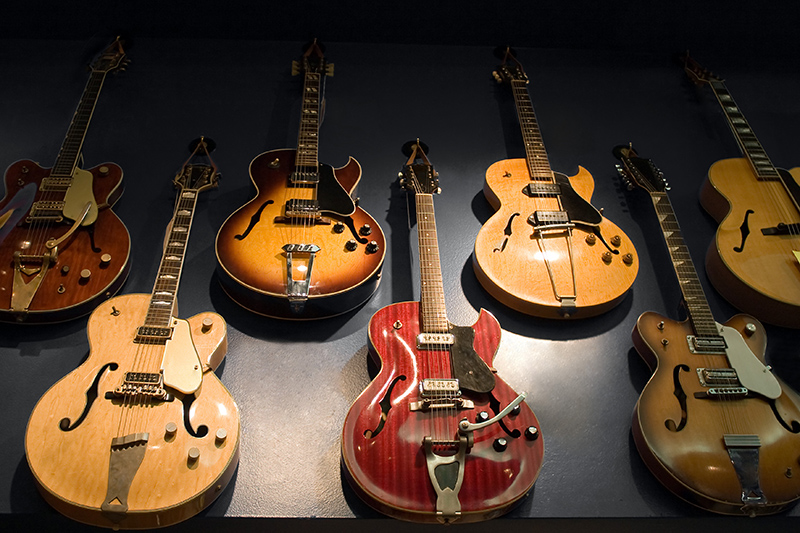
Thankfully, there are a few questions you can ask yourself beforehand to make your decision-making process easier.
#1) What kind of music do I like
First determine what kind of music you enjoy and what kind of music you want to create. That is the first step to figuring out what instrument you should learn to play. If you like listening to punk rock music, you might want to consider learning guitar, bass, drums, or keyboard. Other traditional instruments, such as cello, violin, double bass, will do well in classical styles of music. One of the most versatile instruments that exist is the guitar. This is why the guitar is so popular in the music world: you can use it to play classical, jazz, pop, rock, country, metal, punk music, and everything in between.
#2) How important is portability
Another important question to consider before you decide on an instrument is the element of portability. How much do you plan on traveling to different places with your instrument? Do you plan on pursuing music as a hobby and therefore leaving your instrument at home a majority of the time? Or, do you plan on taking advantage of all the open mic nights in your area and bringing your instrument from event to event. Grand pianos and baby grand pianos aren’t very portable. These instruments are designed to stay in one place for a long period of time.
However, remember that if you’re planning on pursuing piano, you can purchase a smaller keyboard that’s easier to move from place to place. Other instruments that are very portable are flutes, clarinets, trumpets, guitars, violins, and violas. Portability is important for some musicians. But, don’t let an instrument’s heaviness prevent you from pursuing your dream instrument. There are many different ways to make an instrument more portable, so be sure to do some research before you make your decision.
#3) How small are my hands?
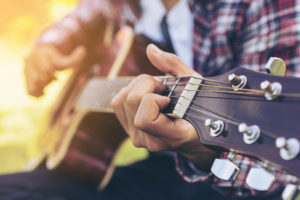
If one of your goals is to achieve virtuosity at whatever instrument you choose, you might want to consider your body size and hand size. Certain instruments require a large hand span in order to play at an expert level.
For example, some chords on the guitar will involve placing your fingers a few frets apart, which will be difficult for musicians who have smaller than average hands. There are many great instruments that don’t require you to spread your fingers far apart, such as saxophone, clarinet, trumpet, and other woodwind or brass instruments.
#4) How much time do I plan on devoting to practicing my instrument?
Certain instruments will sound better much more quickly than other instruments. For example, it will be much easier to get a nice tone out of a piano during your first few weeks of practicing than it will be if you’re playing the trumpet. This is because the sound that comes out of a trumpet is really dependent on your embouchure, which is the way you shape your mouth as you blow into it. A piano, on the other hand, will sound good as long as you press down on the right keys. The difficulty can also vary depending on the type of music you’re playing on that instrument.
For example, playing classical guitar will require you to develop excellent fingerstyle techniques. This avenue takes some musicians years to master. On the other hand, strumming chords on the guitar while playing pop music will result in a great sound much earlier on in your learning process.
#5) How much technology do I want to incorporate into my sound?
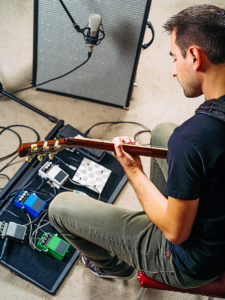
If you’re looking for an instrument that will allow you to experiment with modern technology, then you might want to choose an “electric” instrument. This would include instruments such as electric guitar, electric bass, a synthesizer keyboard, or an electric cello. If you choose to pursue electric guitar, for example, you’ll be able to create a pedalboard. The pedaloard will allow you to combine countless sound effects to fine tune your sound.
If you want to learn more about pedal boards, take a look at this step-by-step tutorial of how to set up arrange your pedals to optimize your sound. Almost all electric guitarists experiment with effect pedals at some point or another, and most are blown away by the number of sound opportunities they offer. If you want to incorporate time-based effects into your music, be sure to research delay and reverb pedals. If you’re more interested in pitch-based or phasing effects, try researching different types of modulation effect pedals. You won’t be disappointed!
Author Bio:
 Hi, everyone!
Hi, everyone!
I’m Natalie Wilson, I start a music blog to share my knowledge to enhance your skills as a musician . You’ll find a wide range of topics on my blog, including reviews, tutorials, and tips for musicians.
My music blog: musicaladvisors.com
Feel free to contact me at natalie.musicaladvisors@gmail.com.





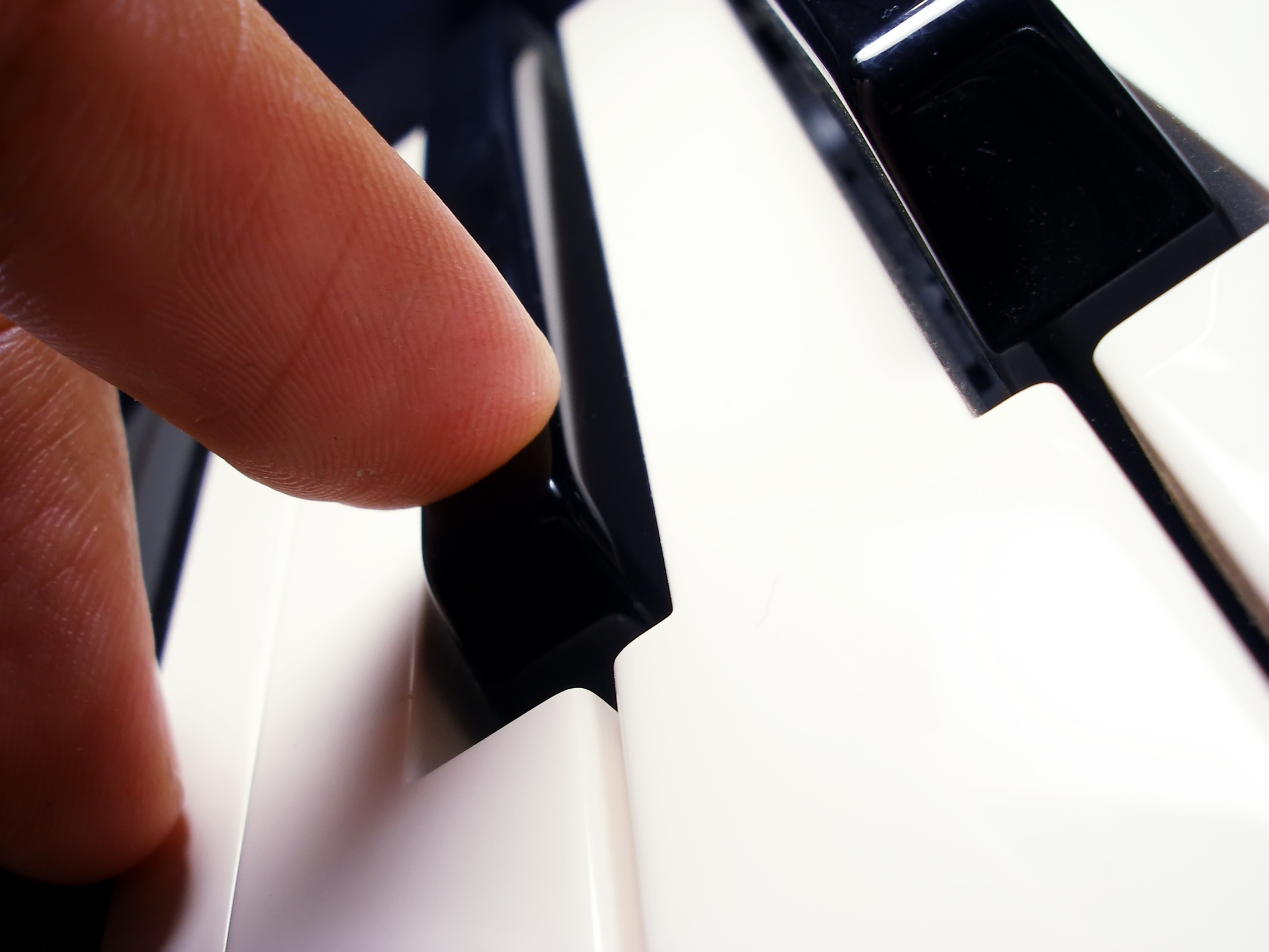
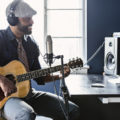
Leave a Reply